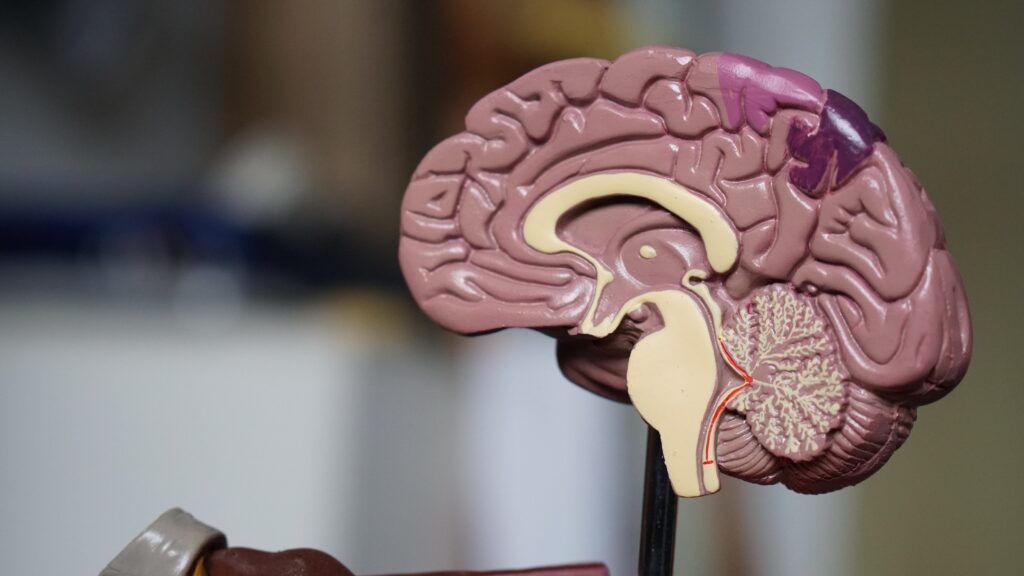
Alzheimer’s and Parkinson’s disease are two of the most devastating neurodegenerative diseases known to man. These conditions are marked by memory loss, cognitive impairment, muscle weakness, and more. Patients who suffer from these diseases slowly decline without much recourse or hope.
There are currently no effective biomarkers that can help the medical community detect and measure disease progress. Additionally, the medical community has collectively spent billions of dollars researching and testing various drugs and agents to slow or stop Alzheimer’s disease or Parkinson’s disease. Unfortunately, there is still no effective treatment for these conditions.
Even though there are promising drugs that show potential in early trials, when the studies reach human trials the drugs are mostly ineffective in slowing disease progress. These therapies are only temporary solutions for some disease symptoms. The underlying conditions of these neurodegenerative diseases are not addressed with current medical treatments.
With the number of patients that are going to suffer from these conditions only expected to grow, the medical community has to develop more effective therapies for Alzheimer’s and Parkinson’s disease. Thankfully, stem cell therapy may be able to improve patient outcomes. The hope of stem cell therapy is to replace damaged neural tissue in the brain with new, healthy tissue.
A study, Neural regeneration therapies for Alzheimer’s and Parkinson’s disease-related disorders, looked into the promising future of stem cell therapy for these neurodegenerative conditions.
Neurodegenerative Diseases
Research into brain and brain tissue changes have revealed that there are cellular changes that occur when patients suffer from Alzheimer’s and Parkinson’s. Neurons begin to die off and no longer function as they should. Inflammation is also present in various parts of the brain. Patients also suffer from hormonal imbalance, defective microRNA regulations, neuritic plaques, and more.
Drug-based therapies have failed these patients which is precisely why the medical community is interested in stem cell therapy. Regenerative therapies are seen as more promising as compared to conventional treatments because they aim to replace damaged neural tissue.
Researchers once believed that neurons are the only cells that are generated during prenatal development until childhood. However, that is no longer a medical fact as researchers have found that neurons can regenerate in adulthood and found neural stem cells. There are three processes that play a role in brain plasticity: neurogenesis, neuritogenesis, and synaptogenesis.
Neurogenesis supports the development of new neurons, neurogenesis supports sensory formation, and synaptogenesis develops neuronal connections. Patients who suffer from neurodegenerative conditions have a sharp decline in new neurons in the brain as compared to age-matched control groups.
Studies on Stem Cell Therapy and Neurodegenerative Diseases
The researchers looked at a number of studies on stem cell therapy and both Parkinson’s and Alzheimer’s disease. One study found that undifferentiated embryonic stem cells that were grafted in a rat model of Parkinson’s disease differentiated into dopaminergic neurons. This led to functional recovery in the rats and the symptoms were alleviated. Researchers are also looking into genetically engineering stem cells to create even better results. Another study used genetically modified stem cells. The study found that the stem cells also differentiated into dopaminergic neurons and improved the symptoms in rats.
Clinical human trials have also shown that stem cells have some promise. Ten patients who were suffering from Alzheirm’s disease were administered nerve growth factor gene therapy via surgical methods. Every patient showed a growth of neural axons at the site of the transplantation. The study is still ongoing, so the results are not conclusive, but patients did not experience any adverse effects.
Another study of 53 patients with Parkinson’s disease looked into stem cell potential. The mesenchymal stem cells were differentiated into dopaminergic to reduce tumor and immune system reaction risks. The cells were then implanted into an artery to attempt to induce neural tissue regeneration. The study showed that there were no adverse effects and that patient quality of life improved.
A pilot study also used autologous mesenchymal stem cells. This study involved seven patients who received stem cell transplants into the walls of their lateral ventricles. The patients did not experience any adverse events for 12 months after the procedure. Some patients experienced improvements in their dyskinesia symptoms, but the study has not yet reported more details on improvements in other symptoms.
The study concluded that regenerative therapies could be a viable treatment option. Dead and damaged neural tissue can be regenerated through the transplantation of stem cells into targeted regions in the brain. Other therapies, such gene therapy and neural factors, may help improve the survival rate of stem cells in a therapeutic environment. Overall, it appears that stem cells may help the body generate new neurons to fight these neurodegenerative diseases.

